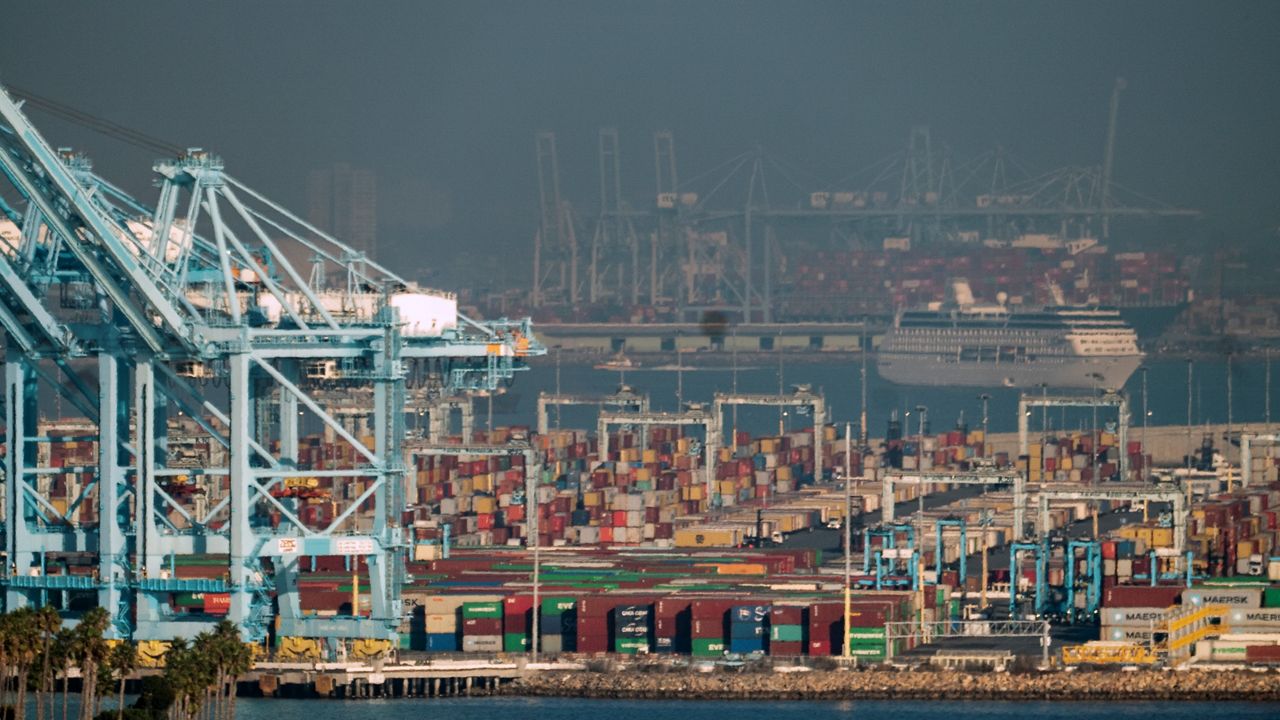LOS ANGELES — The Ports of Los Angeles and Long Beach are working with Singapore to establish a green shipping corridor. The route from Asia across the Pacific will center around low- and zero-carbon shipping fuels and digital efforts to help deploy low- and zero-carbon ships, according to a statement from the Port of LA released Monday.
The collaboration is one of the first announcements to come out of the 27th United Nations Climate Change Conference in Egypt, which kicked off Sunday and will run through Nov. 18. A forum for countries to discuss actions that can help mitigate climate change, COP27 issued a green shipping challenge for governments, ports, maritime carriers and cargo owners to take meaningful steps to decarbonize the industry.
Shipping currently contributes about 3% of global greenhouse gas emissions, but that carbon footprint is likely to grow if the industry continues with business as usual, according to the International Maritime Organization.
“Reducing greenhouse gas emissions in the maritime supply chain is essential, and this trans-Pacific partnership will help us build a network of ports and key stakeholders to help decarbonize goods movement throughout the Pacific region,” Port of LA Executive Director Gene Seroka said in a statement.
“Decarbonizing the supply chain is the future of our industry, and partnerships like this on the world’s most important trade route are important for fulfilling that ultimate goal,” said Port of Long Beach Executive Director Mario Cordero.
Trans-Pacific shipping is the largest North American trade route, accounting for more than 20 million container units annually, according to the Journal of Commerce.
Under the green shipping corridor agreement, the ports of LA, Long Beach and Singapore will work with the C40 Cities Climate Leadership Group to quicken the pace of low- and zero-emissions strategies and to develop sources for green fuel.
“Accelerating efforts to decarbonize the shipping sector is urgent if we are to limit global heating to 1.5 degrees Celsius,” said C40 Executive Director Mark Watts. “This initiative has the potential to serve a range of carriers and routes by reimagining infrastructure designs and operational best practices.”



